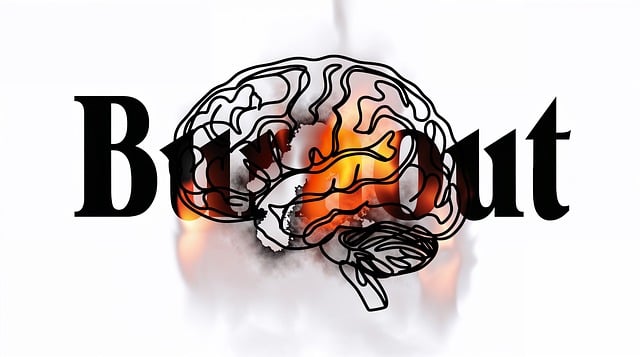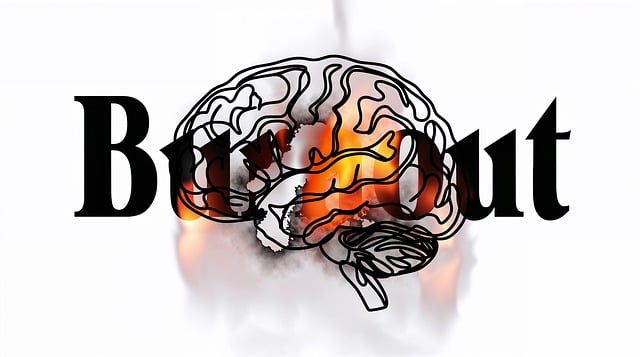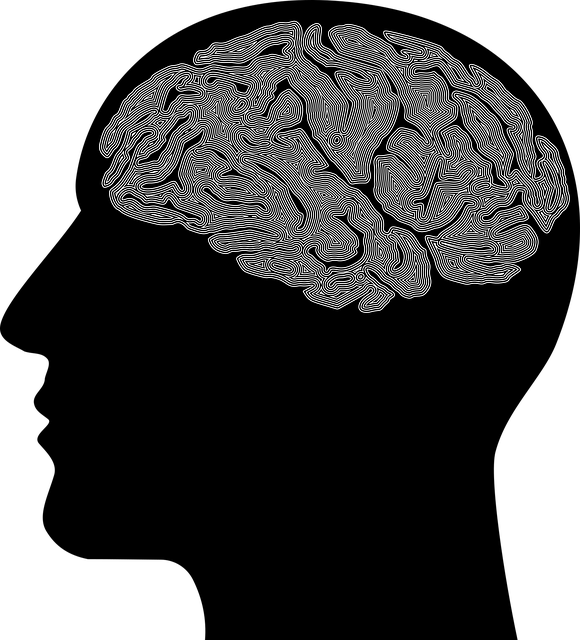Broomfield Mental Health Evaluations and Therapy offers comprehensive crisis intervention services, providing immediate support during intense distress or trauma. Their approach combines empathy, active listening, evidence-based practices, and tailored coping strategies to stabilize clients and build resilience. Using methods like CBT and PST for rapid assessment, they prepare individuals for long-term therapy involving IPT, DBT, and advocacy. By integrating mental health education and policy analysis, Broomfield Mental Health Evaluations ensures comprehensive care, promoting emotional regulation, recovery, and prevention of future crises.
“In times of crisis, effective intervention strategies can make a profound difference. This comprehensive guide explores essential tools for navigating mental health emergencies, focusing on Broomfield Mental Health Evaluations as a cornerstone for assessment and therapy. We delve into various therapy approaches, offering both short-term crisis management techniques and long-term support strategies. By understanding the fundamentals of crisis intervention, professionals can provide tailored care, fostering recovery and resilience in individuals facing challenging situations.”
- Understanding Crisis Intervention: A Foundation for Effective Strategies
- Broomfield Mental Health Evaluations: Assessing the Individual in Crisis
- Therapy Approaches for Short-Term Crisis Management and Long-Term Support
Understanding Crisis Intervention: A Foundation for Effective Strategies

Crisis intervention is a critical component of mental health support, designed to provide immediate and effective assistance during moments of intense distress or traumatic events. At its core, it’s about offering a safe space for individuals to express their emotions, fears, and experiences while guiding them towards coping strategies and resources. Broomfield Mental Health Evaluations and Therapy recognize the profound impact that timely intervention can have on an individual’s long-term mental well-being.
Effective crisis intervention strategies are built on a foundation of empathy, active listening, and tailored support. They aim to stabilize individuals in acute crises and help them develop skills for managing future challenges. By integrating evidence-based practices and trauma-informed care, such as mood management techniques, clients can learn to navigate their emotions, reduce the intensity of distressing situations, and access ongoing Trauma Support Services if needed. Crisis Intervention Guidance plays a pivotal role in empowering individuals to take charge of their mental health and build resilience.
Broomfield Mental Health Evaluations: Assessing the Individual in Crisis

In moments of crisis, a structured mental health evaluation is crucial to understanding and addressing an individual’s needs effectively. Broomfield Mental Health Evaluations offer a comprehensive framework for assessing individuals in distress, going beyond surface-level symptoms to uncover underlying emotional, psychological, and social factors at play. This methodical approach involves skilled professionals who employ evidence-based tools and techniques to gain insights into the person’s current state and historical context, ensuring a tailored intervention strategy.
These evaluations are designed to facilitate meaningful therapy by integrating findings from various sources, including self-reports, observations, and collateral information. By incorporating Mental Health Education Programs and policy analysis (such as Advocacy), the process promotes not just immediate crisis resolution but also long-term emotional regulation strategies. This holistic perspective is vital in fostering resilience and recovery for those facing acute mental health challenges.
Therapy Approaches for Short-Term Crisis Management and Long-Term Support

In the acute phase of a crisis, various therapy approaches are employed for short-term management. Broomfield Mental Health Evaluations Therapy offers rapid assessment and targeted interventions to stabilize individuals and mitigate immediate risks. Techniques such as cognitive-behavioral therapy (CBT) help individuals identify and change negative thought patterns and behaviors contributing to the crisis. Additionally, crisis intervention models like Problem-Solving Therapy (PST) equip clients with practical coping strategies for managing future challenges. These short-term approaches aim to stabilize symptoms, restore functionality, and prepare individuals for ongoing support.
Transitioning from acute care, long-term support is crucial for depression prevention and overall mental well-being. This involves tailored therapy plans that address underlying factors contributing to the crisis. Integrating evidence-based practices like interpersonal therapy (IPT) or dialectical behavior therapy (DBT) can foster resilience, improve coping skills, and enhance relationships. Mental Health Policy Analysis and Advocacy plays a pivotal role in ensuring accessible resources and Healthcare Provider Cultural Competency Training is essential for delivering culturally sensitive care tailored to diverse populations’ needs.
In conclusion, crisis intervention strategies are a vital tool in supporting individuals during times of acute distress. By understanding the foundational principles outlined in this article, such as the importance of immediate assessment through Broomfield Mental Health Evaluations and the variety of therapy approaches available, professionals can offer both short-term crisis management and long-term support. Effective crisis intervention not only helps to stabilize individuals but also paves the way for lasting recovery and improved mental health outcomes.














